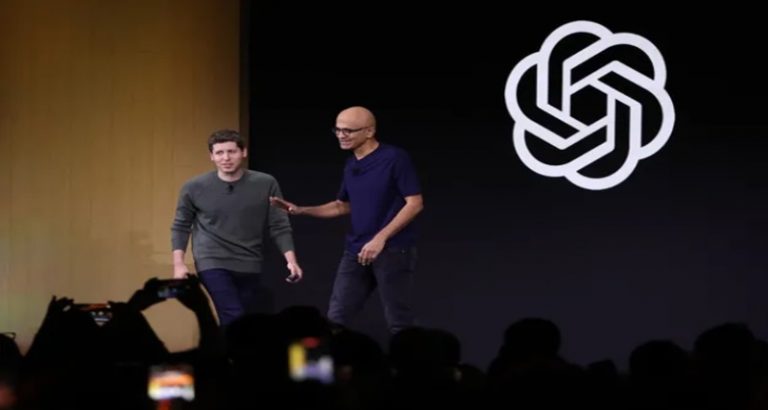
In a significant decision on Wednesday, the United Kingdom’s Competition and Markets Authority (CMA) concluded that Microsoft’s partnership with OpenAI does not meet the criteria for investigation under the U.K.’s Enterprise Act 2002, the law governing anticompetitive practices.
The announcement effectively steers the tech giant clear of potential regulatory hurdles as it deepens its involvement in the booming artificial intelligence (AI) sector.
The CMA, which began its probe in December 2023, had initially raised concerns about Microsoft’s role as a dominant investor in OpenAI. Since 2019, Microsoft has infused nearly $14 billion into the AI startup, solidifying a deep collaborative relationship. The tech behemoth not only integrates OpenAI’s technologies into its Azure OpenAI Service but also works closely with the startup to develop products such as the Copilot chatbot and GitHub Copilot AI coding assistant.
Register for Tekedia Mini-MBA edition 17 (June 9 – Sept 6, 2025) today for early bird discounts. Do annual for access to Blucera.com.
Tekedia AI in Business Masterclass opens registrations.
Join Tekedia Capital Syndicate and co-invest in great global startups.
Register to become a better CEO or Director with Tekedia CEO & Director Program.
Despite these ties, the CMA found that while Microsoft exerts a “high level of material influence” over OpenAI’s commercial policy, it does not control it.
“Overall, taking into account all of the available evidence […] the CMA does not believe that Microsoft currently controls OpenAI’s commercial policy,” the regulatory body stated. “In other words, there is no change of control giving rise to a relevant merger situation.”
At the heart of the investigation were worries that Microsoft’s growing influence over OpenAI could lead to a “substantial lessening” of competition in the U.K. The CMA feared that Microsoft might leverage its position to restrict competitors’ access to OpenAI’s leading AI models, especially in markets where foundational models play a critical role. The concern extended to the market for accelerated computing, with OpenAI positioned as a significant potential customer.
The situation became more complex following Microsoft’s role in securing OpenAI CEO Sam Altman’s re-appointment in November 2023, a move seen as indicative of its sway over the startup’s strategic direction. The CMA’s scrutiny aimed to determine whether these actions crossed the line into undue control that could distort market dynamics.
Crucially, recent developments have softened Microsoft’s grip on OpenAI. In January, Microsoft announced a renegotiation of its cloud computing agreement with OpenAI, adopting a model where it maintains a “first right of refusal” for specific AI workloads. Additionally, Microsoft granted waivers enabling OpenAI to build extra computing capacity, including a substantial $500 billion data center deal with investor SoftBank.
These adjustments were seen as reducing Microsoft’s potential to monopolize access to OpenAI’s technologies. The deal addressed regulatory concerns about competition and influence by allowing OpenAI to diversify its infrastructure options. This shift was likely pivotal in the CMA’s decision to forgo a formal investigation.
What This Means for the Market
The CMA’s decision not to investigate removes a potential obstacle for Microsoft as it continues to position itself at the forefront of generative AI development. The partnership with OpenAI has already boosted Microsoft’s competitiveness against rivals like Google and Amazon in the AI race. The regulatory green light in the U.K. could accelerate Microsoft’s growth in AI, enabling it to further integrate OpenAI’s models into its cloud services and software products without fear of antitrust backlash.
For OpenAI, this development offers a degree of operational independence and the freedom to pursue new partnerships without regulatory impediments. The decision underscores the broader industry dynamics, where tech giants are increasingly scrutinized for potential monopolistic behavior, particularly in fast-evolving sectors like AI.
While the CMA’s decision highlights that Microsoft’s influence over OpenAI has not crossed into outright control, it also sets a precedent for how regulatory bodies might assess influence in technology partnerships moving forward.



